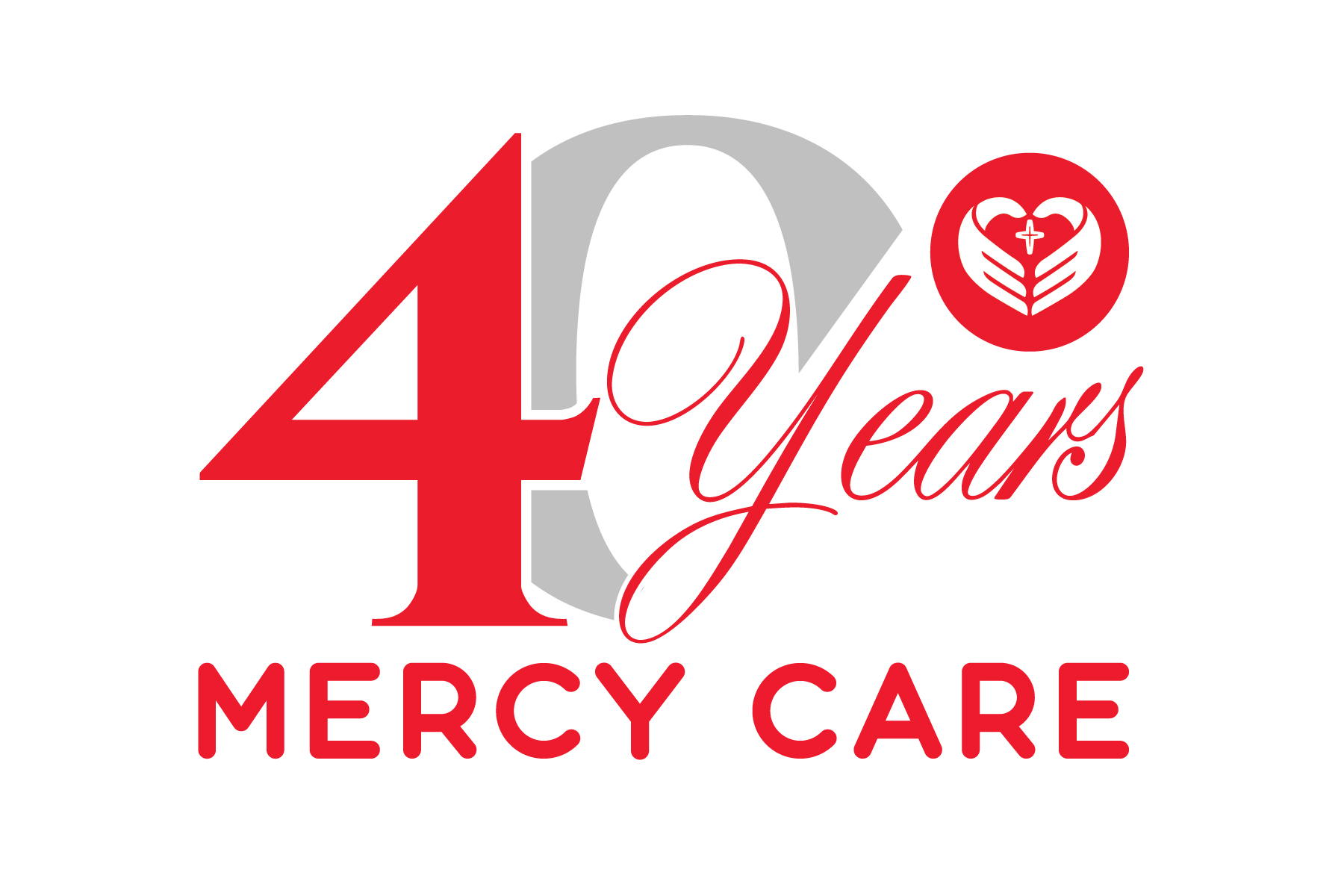
Mercy Care Rome community impact
Mavis was 65 years old when she received a call; her daughter (and boyfriend) had been arrested. Could Mavis come and take custody of her three grandchildren? Otherwise, they would be separated and placed into Floyd County foster care. Mavis hadn’t seen her grandchildren since they were babies. Now they were all in elementary school with an absent mother and father. Mavis’s own husband had passed only months ago. Could she take on three young children? She didn’t know, but she was going to try. When Mavis met them at the house, the social worker told her about Mercy Care.
Mercy Care is well known for it’s Adult Day Health program. Lesser known are the other services Mercy Care offers to seniors in the surrounding areas. One of these programs, Grands Who Care, supports grandparents and relatives who are raising children or individuals caring for a disabled child. “I hadn’t had young people in my house in so long; I’d forgotten what it was like,” said Mavis. “At first, I was overwhelmed, but through my friends in the group, I met other people like me who were raising their grandchildren.”
The Grands Who Care program offers peer support and other benefits such as health management, informal counseling, referrals to other services, mentoring, support groups, and recreational activities. Their hallmark events include the Back-to-School Bash in the summer and the Christmas Celebration. Mercy Care was unable to hold the Back-to-School Bash at the center due to COVID-19, and, instead, staff and volunteers brought the event to the children. Hosting three different Back-to-School Supply pickup parties, everyone was ready for the first day of school, and some special students got a first day of school outfit too!
Another service Mercy Care offers—across 13 local counties—is the Senior Employment program. Comprehensive assistance from Mercy Care staff helps low-income persons age 55+ entering or re-entering the workforce. Benefits include help with resumes, job search and interview skills, work readiness, skills development, supportive job placement, and assistance transitioning to a competitive employment environment. Many program participants have been placed in other non-profit work settings, such as senior centers or Goodwill, where temporary employment provides needed income and can lead to permanent job placement.
“So often aging is overlooked in the funding arena. But the aging population has given so much to the community in which they live. They’ve fought in wars, raised families, worked in different industries, and worked hard to better their community. They have given, and now it is our turn to give back.”
– Liz Molina, Executive Director, Mercy Care Rome
One of the benefits of Mercy Care’s proximity to Berry College is the opportunity for partnership. In a quest to teach students empathy and a desire to better understand the aging process, professor Casey Dexter, Ph.D., created the Storytelling Project to record and share Mercy Care clients’ life stories. Students ask seniors a gamut of questions covering childhood and adulthood’s highs and lows, all the while collecting some of their life wisdom. They then search for significant themes and ways to organize these stories before finally weaving them into short memoirs for patients and families to keep. The interviews behind the books allow Berry students to engage with elders in a meaningful way—a wonderful byproduct of the project.
Dottie’s story ranged from vivid memories of leaves changing in her childhood to a sweeping wisdom of pursuing higher education and a career. “Dottie’s work was important to her, and it took her a while to succeed,” said interviewer Cassie, a Berry College junior. “Having an opportunity to talk to someone about their experiences makes what we are learning complete.”
“It’s great for the people we interview to review their lives again, to build satisfaction from reflection, and to walk away with their life storybook,” said Dr. Dexter. “Stories and wisdom immortalized in these books become precious family heirlooms to be cherished for years to come by patients, families, and the students who generate them.”




